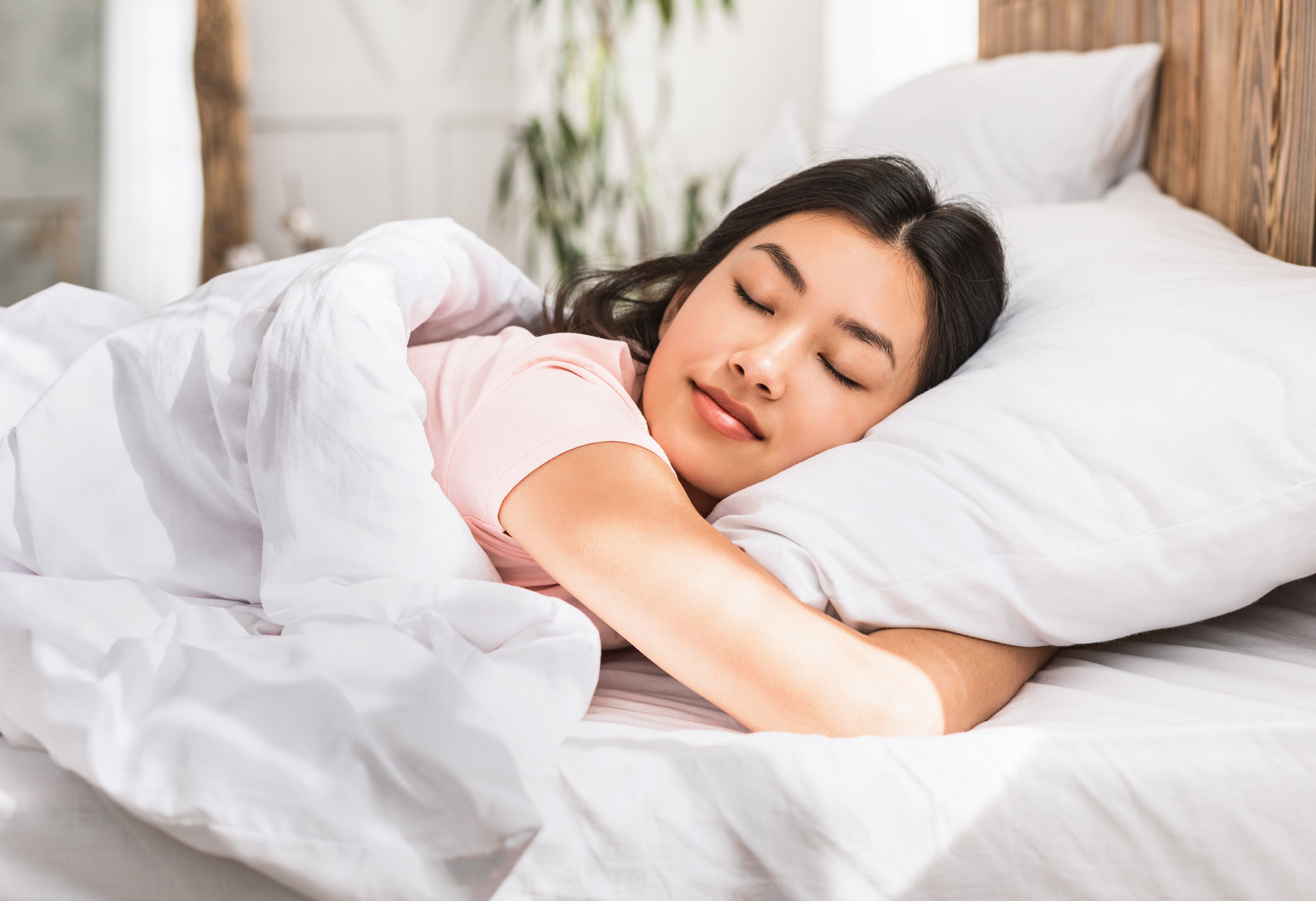What Happens to Your Body When You Don’t Get Enough Sleep
What Happens to Your Body When You Don’t Get Enough Sleep
Not getting enough sleep — whether occasionally or habitually — has serious short-term and long-term effects on nearly every part of your body. Here’s what happens:
😴 Short-Term Effects of Sleep Deprivation
1. Brain and Mental Function
- Slower thinking and reaction time → increases risk of accidents.
- Poor memory and focus → trouble learning or making decisions.
- Mood changes → irritability, anxiety, and stress increase.
- Impaired judgment → more likely to make risky or impulsive choices.
2. Immune System
- Weakened immune response → more likely to catch colds, flu, or infections.
- Even one bad night of sleep can lower immune cell activity.
3. Hormone Disruption
- Disrupts hunger hormones:
- ↓ Leptin (fullness)
- ↑ Ghrelin (hunger) → leads to overeating.
- Raises cortisol, the stress hormone.
4. Physical Performance
- Reduces strength, endurance, and coordination.
- Increases risk of injuries and slows muscle recovery.
🛑 Long-Term Effects of Chronic Sleep Deprivation
1. Heart and Circulatory Health
- Raises the risk of:
- High blood pressure
- Heart disease
- Stroke
- Irregular heartbeat
2. Metabolism and Weight Gain
- Increases risk of obesity and type 2 diabetes.
- Poor sleep affects insulin sensitivity, making it harder to control blood sugar.
3. Brain Health and Mental Illness
- Long-term poor sleep is linked to:
- Depression
- Anxiety
- Cognitive decline
- Alzheimer’s disease (due to buildup of brain waste like beta-amyloid)
4. Immune Dysfunction
- Chronic lack of sleep increases inflammation and weakens your defense system over time.
5. Hormonal and Reproductive Issues
- Disrupts sex hormone levels in both men and women.
- May reduce fertility and lower libido.
6. Cancer Risk
- The World Health Organization has classified night shift work as a probable carcinogen, partly due to circadian rhythm disruption.
🧠 Summary:
Lack of sleep affects everything from your brain and mood to your heart, metabolism, immune system, and overall lifespan. Sleep is not optional — it’s a biological necessity for health and survival.
Here’s a personalized plan and practical tips to help you improve your sleep quality, based on proven sleep hygiene practices and behavioral science.

🌙 Personal Sleep Improvement Plan
- 🕘 1. Set a Consistent Sleep Schedule
- Goal: Go to bed and wake up at the same time every day, even on weekends.
- Helps regulate your circadian rhythm (your internal body clock).
- 🔒 2. Create a Sleep-Friendly Environment
- Cool, dark, and quiet: Ideal bedroom temperature is 60–67°F (15–19°C).
- Use blackout curtains or an eye mask.
- White noise or earplugs can block disruptions.
- 💡 3. Limit Light and Screen Exposure Before Bed
- Avoid screens (phones, TVs, laptops) at least 1 hour before bedtime.
- Use blue light filters if you must use screens.
- Dim lights in the evening to help melatonin production.
- ☕ 4. Watch Your Intake (Food, Caffeine, Alcohol)
- Avoid caffeine after 2:00 p.m. — it can stay in your system for 6–8 hours.
- Limit heavy meals within 2–3 hours of bedtime.
- Avoid alcohol close to bedtime — it disrupts REM sleep.
- 🧘♀️ 5. Relax Before Bed (Wind-Down Routine)
- Try 10–15 minutes of:
- Deep breathing or meditation
- Reading a physical book (not on a screen)
- Gentle stretches or a warm bath
- 📴 6. Use Your Bed Only for Sleep
- Avoid working, eating, or watching TV in bed.
- This trains your brain to associate bed with sleep, not stress or stimulation.
- 🚫 7. Don’t Lie in Bed Awake
- If you can’t sleep after 20 minutes, get up and do something relaxing in dim light until you feel sleepy.
- Avoid looking at the clock.
- 🧠 Bonus Behavioral Strategies
- Track your sleep: Use a sleep journal or app to find patterns.
- Morning sunlight exposure: Go outside within 30–60 minutes of waking to reinforce your sleep-wake cycle.
- Exercise regularly: Even 20–30 minutes a day can improve sleep (but not too close to bedtime).
- Example Evening Routine (9:00–10:30 PM)
| Time | Activity |
|---|---|
| 9:00 PM | Turn off bright screens/lights |
| 9:15 PM | Gentle yoga or stretching |
| 9:30 PM | Read or journal |
| 10:00 PM | Brush teeth, set up room (cool, dark, quiet) |
| 10:15 PM | Deep breathing or body scan meditation |
| 10:30 PM | Lights out, sleep |
Caution– For approval to receive payment DON’T skip Task
TASK- Click link below to read another Article


